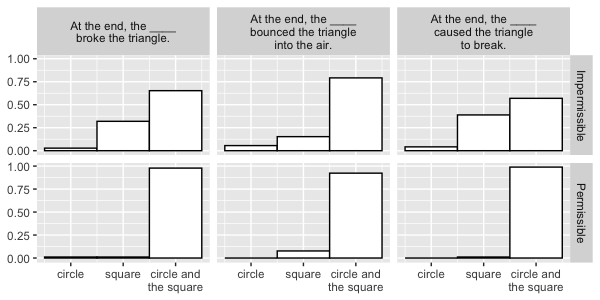
Professor of Philosophy. Dad to 6. Books (https://t.co/zWilnjfSax): Anscombe's INTENTION (OUP '19); Becoming Someone New (OUP '20); Reading Philosophy (Wiley '21).
How to get URL link on X (Twitter) App



https://twitter.com/rinireg/status/1280972857271627784For one thing, a good number of those who are currently defending open discussion really do not think the thing that @rinireg says "almost everyone" agrees on, viz. that there should be exceptions to the norm of permitting open discussion of disagreeable topics.
https://twitter.com/ChloeReading/status/1163456581029285888/ impossible for me to understand how anyone could think this is a good thing: those who are in this position are NOT going to have their minds changed by being cowed into silence & told they are bigoted just for thinking what they do.

 / understanding of who they are" is SIMPLY THE THING THAT PHILOSOPHERS DO, and have done fairly consistently since Socrates got put to death for doing it.
/ understanding of who they are" is SIMPLY THE THING THAT PHILOSOPHERS DO, and have done fairly consistently since Socrates got put to death for doing it.
